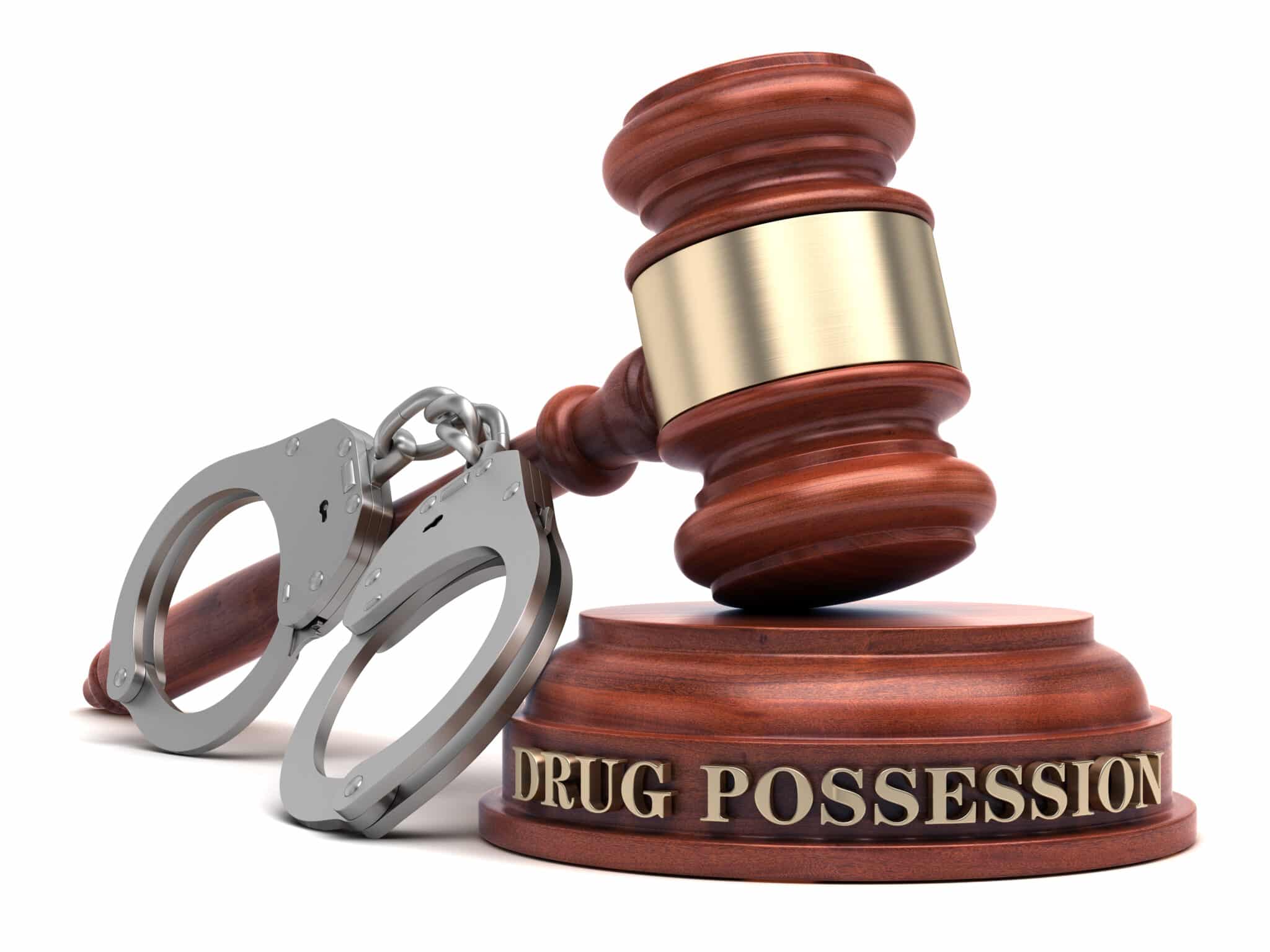The Consequences of Drug Possession Charges in Illinois
Drug possession charges in Illinois carry serious consequences that can significantly impact various aspects of your life, from your personal and professional reputation to your freedom. Understanding the gravity of these charges, the legal process involved, and the potential penalties is crucial for anyone facing such allegations.
This blog post will explore the various consequences of drug possession charges in Illinois, providing a comprehensive overview of what to expect and how you might navigate these challenging circumstances.
Understanding Drug Possession Laws in Illinois
Illinois classifies controlled substances into different “schedules” based on their potential for abuse and medical utility. These schedules range from Schedule I, which includes drugs with no accepted medical use and a high potential for abuse (such as heroin and LSD), to Schedule V, which includes drugs with a lower potential for abuse (such as certain prescription medications).
The severity of drug possession charges depends on several factors, including the type and amount of the drug, the defendant’s criminal history, and whether there were any aggravating circumstances, such as possession near a school or with intent to distribute.
Potential Legal Penalties for IL Drug Possession
The legal penalties for drug possession in Illinois vary widely depending on the type and amount of the controlled substance involved. Here is a breakdown of the potential penalties based on the drug schedule and amount:
- Schedule I and II Drugs
Possession of these drugs, which include heroin, cocaine, methamphetamine, and certain prescription medications, often results in the most severe penalties.
For example:
- Less than 15 grams – Class four felony, punishable by one to three years in prison and fines up to $25,000.
- 15-100 grams – Class one felony, punishable by four to fifteen years in prison and fines up to $200,000 or the street value of the drugs.
- More than 100 grams – Enhanced penalties, including longer prison terms and higher fines.
- Schedule III, IV, and V Drugs
These drugs include anabolic steroids, ketamine, and certain prescription medications. Penalties for possession are generally less severe but still significant:

- Less than 30 grams – Class four felony, punishable by one to three years in prison and fines up to $25,000.
- More than 30 grams – Class three felony, punishable by two to five years in prison and higher fines.
- Marijuana
While Illinois has legalized recreational marijuana, possession above the legal limits can result in criminal charges:
- 30-100 grams (first offense) – Civil infraction, punishable by fines.
- More than 100 grams – Class A misdemeanor or higher, depending on the amount.
Chicago Drug Possession Charges: Collateral Consequences
Beyond the legal penalties, a drug possession conviction can have far-reaching collateral consequences that affect many areas of an individual’s life.
Firstly, drug possession convictions can severely impact employment opportunities. Many employers conduct background checks, and a criminal record can disqualify candidates from certain jobs, particularly those requiring a professional license or involving children or vulnerable populations.
Additionally, students convicted of drug possession may lose scholarships or financial aid, and some educational institutions may deny admission or expel students based on their criminal record.
Securing housing can become challenging with a drug possession conviction. Many landlords conduct background checks and may refuse to rent to individuals with a criminal record. Public housing authorities also have strict policies regarding drug-related offenses.
In some cases, a drug possession conviction can result in the suspension or revocation of driving privileges, making it difficult to commute to work or school.
Another consequence of drug possession, specifically for non-citizens convicted of drug possession, may be to face severe immigration consequences. These may include deportation or denial of citizenship.
Legal Defenses and Mitigation Strategies for IL Drug Possession
While the consequences of drug possession charges in Illinois are severe, there are several legal defenses and mitigation strategies that a skilled criminal defense lawyer can employ.
Unlawful Search and Seizure
If law enforcement searches illegally, a criminal defense lawyer can argue that the evidence obtained is inadmissible in court. This could result in the dismissal of charges.
Lack of Possession
A knowledgeable Chicago criminal defense lawyer can demonstrate that the defendant did not actually possess the drugs. This might involve proving that the drugs belonged to someone else or that the defendant was unaware of their presence, thereby providing a viable defense.
Chain of Custody Issues
Another strategy is to question the handling and storage of the evidence. A defense lawyer can scrutinize the procedures followed, and if proper protocols are not adhered to, the evidence might be excluded from the case.
Diversion Programs
Illinois offers diversion programs for first-time offenders, such as drug court or probation, which focus on rehabilitation rather than punishment. A criminal defense lawyer can help clients enroll in these programs, and successfully completing them can result in reduced or dismissed charges.
Plea Bargains

Negotiating a plea bargain with the prosecution can sometimes result in reduced charges or lighter sentences, particularly if the defendant is willing to cooperate or enter a treatment program.
Hiring an experienced criminal defense lawyer is crucial to effectively navigating these defenses and mitigation strategies. A lawyer can provide the expertise and advocacy needed to achieve the best possible outcome in a drug possession case.
About the Author:
Andrew M. Weisberg is a former felony prosecutor now serving as a defense attorney in greater Chicago. He has extensive experience handling all types of criminal cases, from sex offenses and domestic violence to retail theft-related crimes, murder, and drug crimes. His work has been recognized by Avvo, Expertise, National Trial Lawyers, and others, and he has been featured on countless news outlets for his experience and knowledge in criminal law.







 Blog Home
Blog Home 










